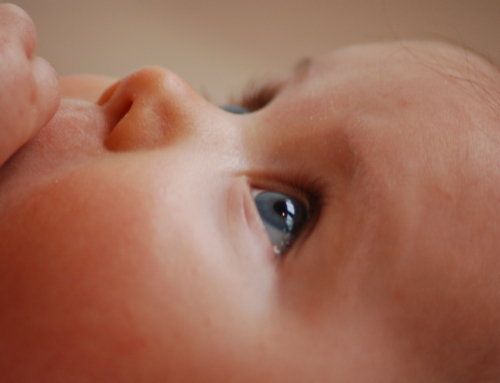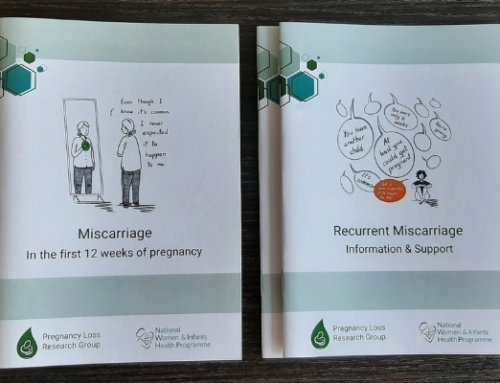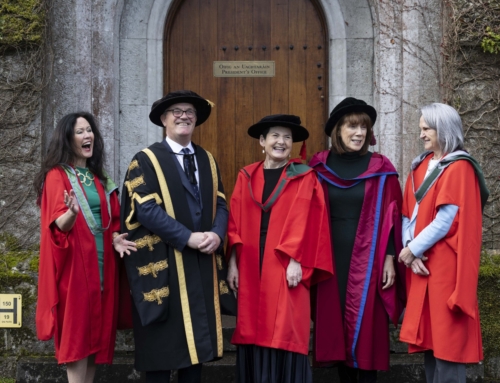Monday 29 January 2018
 The loss of a baby has a profound effect on the family.
The loss of a baby has a profound effect on the family.
Twelve families bereaved by stillbirth took part in a research study by the Pregnancy Loss Research Group at the INFANT Centre and UCC, the results of which have been published today. Each of the parents detailed the events and experiences leading up to, surrounding and following the diagnosis of a life-limiting condition or stillbirth of their baby. Stressing the importance of good communication and sensitive care from healthcare professionals, the study supports the need for the HSE National Standards for Bereavement care following pregnancy loss and perinatal death to be implemented nationally.
The twelve families were cared for at CUMH and they took part in interviews, detailing the profound impact their experience had on their lives. The diagnosis of stillbirth is devastating and traumatic news. All parents spoke of the relationships they had with the staff who cared for them during their pregnancies and birth of their babies. The interactions with staff left a lasting impression on the family, and in an Irish context where termination of pregnancy is currently not permissible, this study sheds an important light on the importance of the option of a perinatal palliative care approach for babies and their parents following a significant antenatal diagnosis.. For parents who receive a life-limiting diagnosis that is likely to result in the death of their baby, the time between diagnosis and the baby’s birth or death, is valuable time where they can be helped to process their loss with the support of a multidisciplinary perinatal bereavement team. Although parents who experience an unexpected stillbirth do not have time to prepare; the time following diagnosis and the immediate care before, during and after birth offers valuable opportunities for sensitive bereavement care.
 Good communication and empathic care can help parents during their traumatic experience.
Good communication and empathic care can help parents during their traumatic experience.
Dr Keelin O’Donoghue, leader of the Pregnancy Loss Research Group and Principal Investigator in the INFANT Centre noted:
“Staff have a huge impact on how parents experience care at a traumatic time. Good communication and empathic care are essential. The parents in this study remembered their interactions in vivid detail and while clinicians cannot change the devastating news that a baby has died, they do have control over how they communicate and care. AsNational Lead for the implementation of the HSE Bereavement Standards following pregnancy loss and perinatal death, we can learn from these parents’ experiences to ensure we provide consistent compassionate bereavement care in all our maternity hospitals” care”.
Critically important to each family was the creation of their baby’s unique identity: all parents named their baby, and this helped to create their baby’s identity and integrate them into their family. The parents treasured the finite time they had between their birth and their burial. Each of these babies had an enduring importance and will forever be a part of their family.
Every year across Ireland, approximately 500 babies die around the time of birth. The Pregnancy Loss Research Group in UCC and the INFANT Centre are working to understand and underlying causes of pregnancy loss and stillbirth and improve understanding and awareness amongst healthcare professionals.
Twitter handles:
Posted in: News






